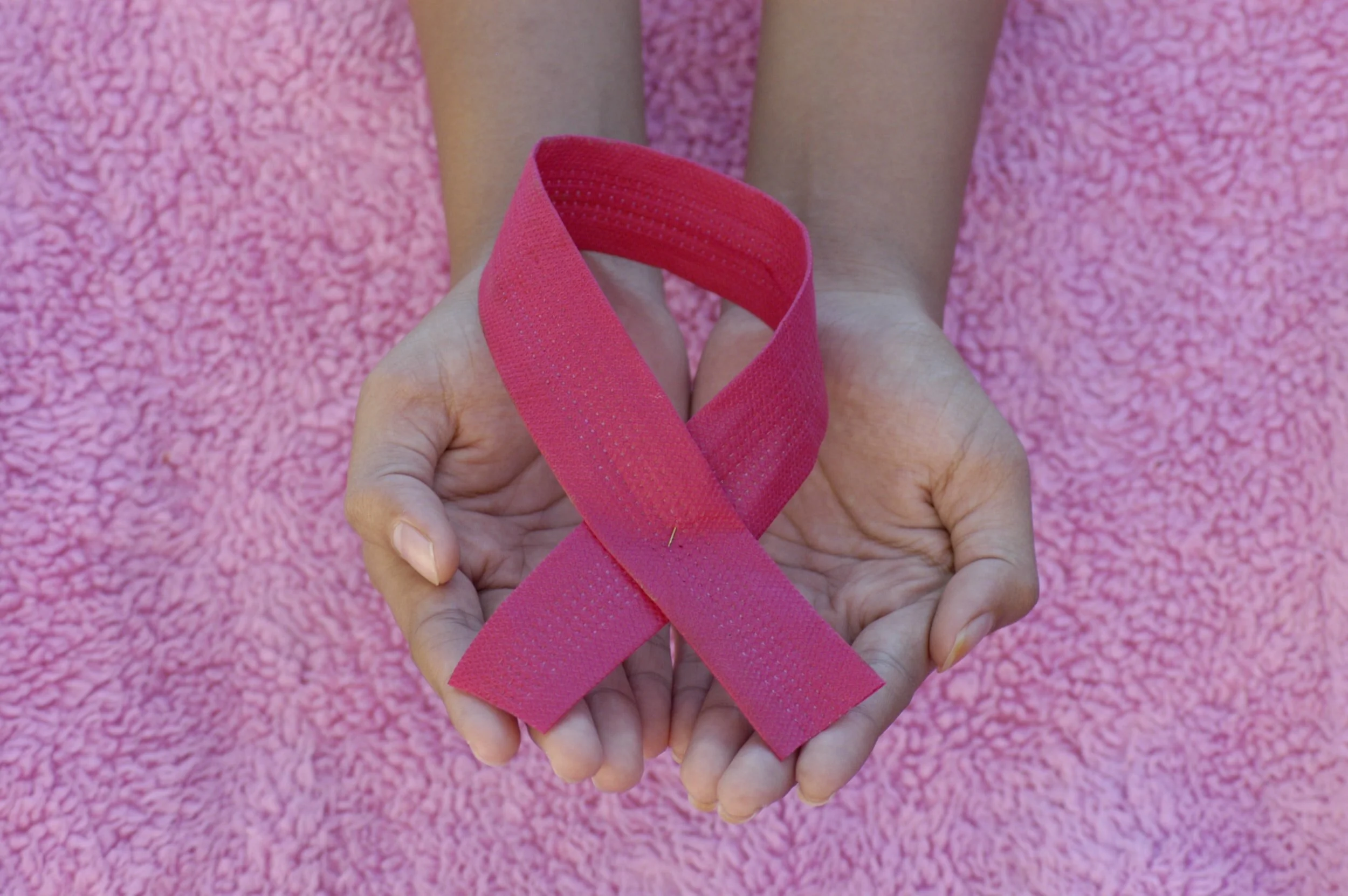Breast Cancer Awareness Month
Breast Cancer Awareness month is honored every October in countries around the world to increase awareness, early detection, treatment, and palliative care. Last year, 2.3 million women were diagnosed with breast cancer and 685,000 women died from this disease. Most deaths (60%) occur in low- and middle-income countries, where women are diagnosed in late stages and have poor survival outcomes. Developing countries lack the necessary resources for preventative screening and adequate treatment, and also are lagging in the control of environmental factors contributing to the development of breast cancer.
“If it takes a village to raise a child, it takes a bloody army to battle cancer.”
The UN Sustainable Development Goal 10 (SDG 10) urges action to reduce inequality within and among countries. Since 2004, iGEM teams from all over the world have been working together using the tools of synthetic biology to solve local problems and tackle global challenges. This year, teams are dedicated to iGEM’s new, commitment-led purpose “to make sure that the field of synthetic biology, and all of the power that this technology holds, gets developed everywhere by everyone.”
The UN Sustainable Development Goal 10 (SDG 10) urges action to reduce inequality within and among countries.
Highlights from some of the 2020 iGEM teams focusing on breast cancer and on environmental factors contributing to cancer include:
iGEM team projects on breast cancer
AFCM-Egypt (Egypt) devised a multi-epitope DNA vaccine for Triple Negative Breast Cancer. Gold Medalist, Undergrad Division.
Cornell (USA) designed “Lumicure” – a bacterial therapy and imaging device to detect, monitor, and mitigate breast cancer. Gold Medalist, Undergrad Division.
Worldshaper-Wuhan (China) developed a biological system using biomarker miR-155 as a non-invasive approach to evaluate the effect of chemotherapy and radiotherapy in breast cancer patients. Gold Medalist, High School Division.
ZJU-China (China) engineered bacterial magnetosomes that work as a contrast agent for magnetic resonance imaging of HER2-positive breast cancers. Gold Medalist, Undergrad Division.
Collegiate iGEM team projects on environmental factors contributing to cancer
Austin_UTexas (United States) designed a T7 bacteriophage to address the critical need for inexpensive, rapid, and on-site detection of biological pathogens in water. Gold Medalist, Undergrad Division.
Botchan_Lab_Tokyo (Japan) engineered a biological system for addressing nicotine environmental contamination. Silver Medalist, Undergrad Division.
CSU_CHINA (China) devised a biological system to reduce cadmium in water. Gold Medalist, Overgrad Division.
DeNovocastrians (Australia) engineered microorganisms to efficiently detect, import and degrade the carcinogen benzene in the natural environment. Silver Medalist, Overgrad Division.
EPFL (Switzerland) engineered yeast to create a safe, low-cost, and easy-to-use system for on-site testing of water at home or in small communities. Gold Medalist, Overgrad Division.
GW_DC (United States) engineered bacteria to measure the concentration of lead in water and naturally filter the lead out. Overgrad Division.
MRIIRS_FARIDABAD (India) developed a biological system for removing the carcinogen N-nitrosodimethylamine from water. Bronze Medalist, Overgrad Division.
NAU-CHINA (China) engineered bacteria that could work within the intestines of earthworms to reduce lead contamination in soil. Silver Medalist, Undergrad Division.
Stuttgart (Germany) engineered a biological water filter to counter drug residues in wastewater. Gold Medalist, Overgrad Division
Tuebingen (Germany) created a biosensor to detect and retain the heavy metal water pollutant, manganese. Gold Medalist, Overgrad Division.
USAFA (United States) developed a biological system to detect and degrade two water pollutants – Perfluorooctanoic Acid (PFOA) and Perfluorooctane Sulfonate (PFOS). Gold Medalist, Undergrad Division.
High School iGEM team projects on environmental factors contributing to cancer
CCA_San_Diego (United States) designed a method for addressing acephate pollution in soil. Silver Medalist, Nominated for Best Education Award, High School Division.
HK_SSC (Hong Kong) designed a peptide with high binding and reducing efficiency to address palladium pollution. Gold Medalist, High School Division.
JACOXH_China (China) designed a biological system for real-time monitoring and repair of heavy metal mercury pollution in soil. Gold Medalist, High School Division.
OSA (China) designed DNAzyme-based biosensors to detect heavy metal pollution. Gold Medalist, High School Division.
Shanghai_city (China) designed a biological system to detect atrazine contamination in water. Silver Medalist, High School Division.
Shanghai_high_school (China) designed a protein biosensor for detecting estrogen in water. Silver Medalist, High School Division.
Shanghai_HS (China) designed a biological system to detect phosphorous contamination in water. Silver Medalist, High School Division.
We are proud of all iGEM teams for their creativity and work in engineering biological solutions for breast cancer and other human diseases – from early detection and treatment, to tackling environmental factors that contribute to disease. We look forward to seeing even more progress made by this year's teams at the Giant Jamboree.
Cover photo by Angiola Harry on Unsplash








